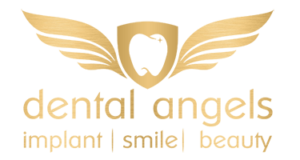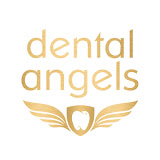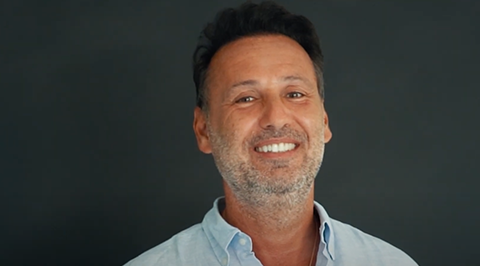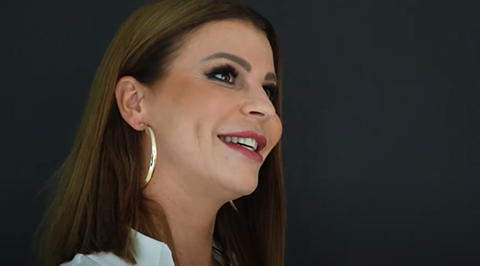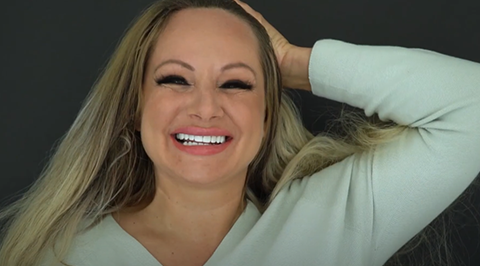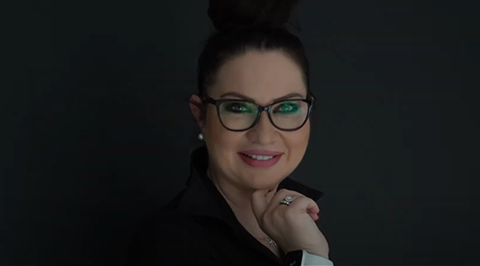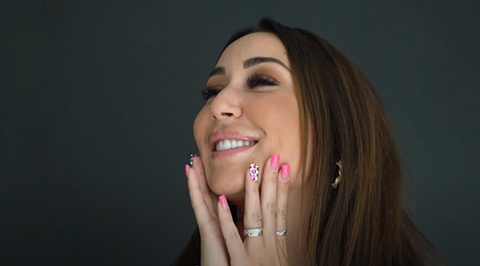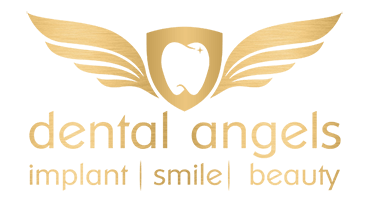The importance of early orthodontics
We've heard it many times that it's never too late to start orthodontics. BUT how early in childhood should you start thinking about orthodontics? AND is it better to start sooner than later?
According to the American Association of Orthodontists, the ideal age for a first orthodontic examination is 7 years old. And why is this age so important?
There are many reasons for this. Of course, this does not mean that the young patient will immediately receive braces at this age. But it is important to recognize bite disorders early, which can be monitored to avoid later complicated and expensive treatments.
It is known that every child's development is different, but usually the first permanent chewing teeth appear in the mouth around the age of 6. This is an important clue to the regular growth of the developing dentition, helping the specialist to predict, for example, whether there is enough space for the growth of the other teeth? If not, the specialist can start treatment in time.
When early treatment is better
The most typical orthodontic period takes place between the ages of 9 and 14, when all the baby teeth have fallen out and the permanent teeth have grown in their place. BUT there are many situations that are better treated much earlier than this, because we help the child's jawbone grow naturally, making room for the permanent teeth to grow. In other words, we control the growth of the teeth and do not try to create space in the finished dentition. This way, the dreaded tooth extraction can be avoided and healthy teeth do not have to be extracted.
One such situation is a crossbite, where the upper teeth bite behind (and not in front of) the lower teeth. The so-called: palatal expander is suitable for treating this problem. This completely painlessly and gradually expands the upper jaw. This is a huge support for the slowly developing or underdeveloped upper jaw. Unfortunately, such cases can only be treated later (from the age of 13-14) painfully or with surgery.
Another such situation is dental crowding, which occurs when the jawbone is too small to accommodate all the permanent teeth. This can also be treated with a palatal expander, or in extreme crowding, we can remove baby teeth to make room for the growing permanent teeth (baby teeth would fall out anyway). If a bonded appliance is later needed in these patients, the treatment time can be reduced by up to half of what it would be without pretreatment. The treatment itself is complication-free.
Protruding teeth, especially the upper front teeth, can cause a variety of traumas, such as: risk of tooth breakage, edge chipping, inflamed gums, and last but not least, disadvantages due to an unattractive appearance.
In the case of a forward "bulldog" bite, which is the result of overgrowth of the lower jaw, e.g. joint problems, poorly worn teeth, unfavorable aesthetic appearance, etc., are serious risk factors.
Simple orthodontic appliances at an early age easily correct and provide control over the listed problems during a growth phase when everything is constantly changing.
Breaking bad habits
Every child tends to fall into bad habits for longer or shorter periods of time. This is natural. BUT if these are not abandoned in time, they can affect development, tooth alignment, bite, speech, chewing, muscles and joints. Some examples: constant thumb sucking, tongue thrusting and mouth breathing.
The sucking reflex is natural in early childhood and can be expected to disappear between the ages of 2 and 4. However, if it persists, forces (push and suck) come into play that guide the teeth in the wrong direction and the shape of the jaw bones changes abnormally. This leads to an orthodontic problem called an open bite. Unfortunately, an open bite can also develop during tongue thrust swallowing, where the tongue exerts a continuous pressure on the upper teeth.
Mouth breathing is an abnormal activity where the mouth is constantly open, through which the child breathes. This is not only bad due to the inhalation of unfiltered, poor quality air (causing allergic complaints, bronchial complaints, inflamed mucous membranes, etc.), but also creates abnormal jaw development and a deformed face with a so-called "bamba" facial expression.
Several simple devices can help you quickly and effectively break these ingrained habits that are extremely harmful to your health. Our experienced professionals will screen out these problems and help you find the most optimal treatment option from among the many options available.
